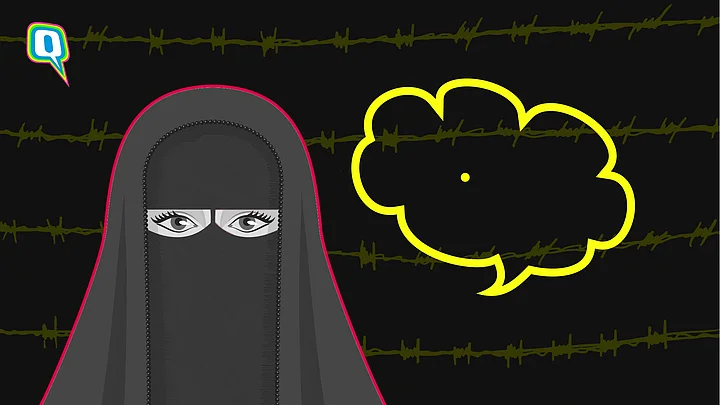“I get excited just thinking about it because who would have thought women in Saudi Arabia would be driving so soon? Can you imagine I attended a football match in a football stadium? Women were not allowed.”
- A Saudi Arabian woman entrepreneur in a personal conversation (Jan 2018)
At the beginning of 2018, time seemed to be running at a rapid pace for Saudi Arabian women with monumental changes in the law. On 24 June 2018, Saudi Arabia lifted its long-standing ban on women drivers, amidst other social reforms.
Many Saudi women took to the wheel, driving into a State-sponsored fairytale as the clock struck midnight. Instagram grids and stories were filled with pictures and videos of women reclaiming the roads at the dawn of, what was being termed as, a ‘new age’.
Each Saudi woman I talked to, at the time, expressed their excitement, their sense of relief. “Who would have thought!” they exclaimed. But there was something that dampened this joy.
The government had detained seven activists in May 2018, ahead of the lifting of the driving ban. The news had brought out the many-sided debate around women’s rights in Saudi Arabia.
The same debate has risen once again as, amidst social reforms, activist Israa al-Ghomgham and other women rights activists face trial.
Contradictions at Play
Israa al-Ghomgham is being tried for participating in and documenting Shia anti-government protests in Saudi Arabia. She was arrested in 2015. If convicted, she could become the first woman activist to be beheaded in Saudi. Beheaded!
With social reforms on the one hand and punishment by beheading for raising your voice in protest on the other, women’s lives in Saudi Arabia are caught in contradiction.
Is Crown Prince Mohammed bin Salman really the spearhead of social reforms, ushering in a new era of modernity in Saudi Arabia, or are these arrests and trials attempts to quell dissent, making the positive changes appear as blessings showered by a benevolent head of the State?
This persistent question was, and remains, on everyone’s mind.
Dissent is quelled by limiting the movement of bodies by way of confinement, or in the extreme, punishment by death. It is also quelled by silencing voices and controlling narratives.
What happens when you don’t have the right to tell your own story? When narrating it means putting your life at risk?
This is a risk that not many are willing to take. Saudi women, who were keen to talk to me about the positive changes in the country a few months back, could not be expected to be as keen to talk about the violent underpinnings of their new-found freedoms.
Caught in a constant battle between unveiling and concealing, most of them chose to disassociate themselves from activism and refused to directly comment on controversial arrests and court trials.
After my conversations with these women, one thing was clear — many Saudi women, especially those belonging to the upper classes, were now financially independent with access to public spaces and professions that were once only open to men.
But their bodies and their stories still remained firmly controlled by a patriarchal State.
(At The Quint, we question everything. Play an active role in shaping our journalism by becoming a member today.)
